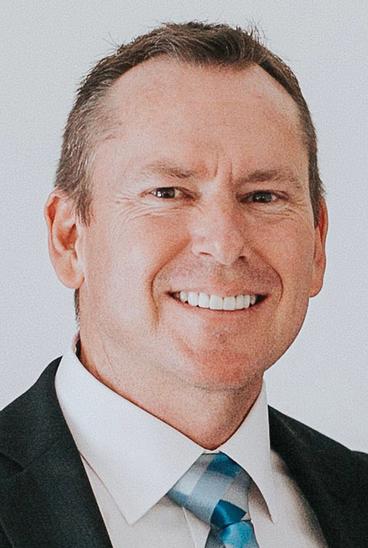We caught up with Don Starry Jr. as he completed his Master of Public Affairs (mid-career) degree in spring 2020. Starry is chief deputy in the Sherburne County Sheriff's Office, and has been a licensed peace officer in Minnesota for nearly 32 years.
Why did you choose to attend the Humphrey School, particularly at this stage of your career?
Law enforcement practices within the United States have been severely scrutinized and criticized over numerous incidents of officer misconduct, discrimination, and racist behavior. Many communities want to support their law enforcement agencies, but years of fear, resentment, frustration, and distrust have built a near impenetrable barrier between them.
In my opinion, 21st century leaders need to be prepared to meet these challenges with an openness to input from the community. I chose the Humphrey School because I believed it could provide me with the skill set needed to meet the challenges of 21st century leadership.
I have a passion for public service and have a responsibility to protect the quality of life of all that live within my community. I feel that my career would have been greatly enhanced if I had attended this course years ago. How? Becoming more educated about the history and current challenges faced by communities of color and indigenous people would have provided me with a more informed approach in my interactions with them as a law enforcement officer.
Listening to my classmates detail their past interactions with law enforcement officers was very uncomfortable. It hurt me to hear how they had been treated. Their stories were very impactful on my personal and professional life. The MPA cohort provided me with a chance to look deep within myself, to become more self aware and understand the importance of building relationships.
What are the most important takeaways from your time at the Humphrey School?
I learned so much from this program. The most important takeaways for me came from being able to share some of my own personal and painful life experiences and listening to those shared by my cohort members. I formed life-long friendships in the cohort.
How can leaders in public policy work together better with law enforcement and the criminal justice system?
I believe it begins with a willingness to discuss the issues at hand in an environment that affords each person the ability to speak freely without the fear of reprisal, judgment or blame. An environment that encourages understanding, empathy and learning.
Currently, there are so many barriers that prohibit public entities from addressing incidents in a transparent way. Although some of these barriers have been put in place to protect entities from litigation (through lessons learned), they are inherently caustic to the process of healing and trust. It's imperative that relationships and bonds within the community are nurtured and strengthened before it is confronted with an incident that divides it.


